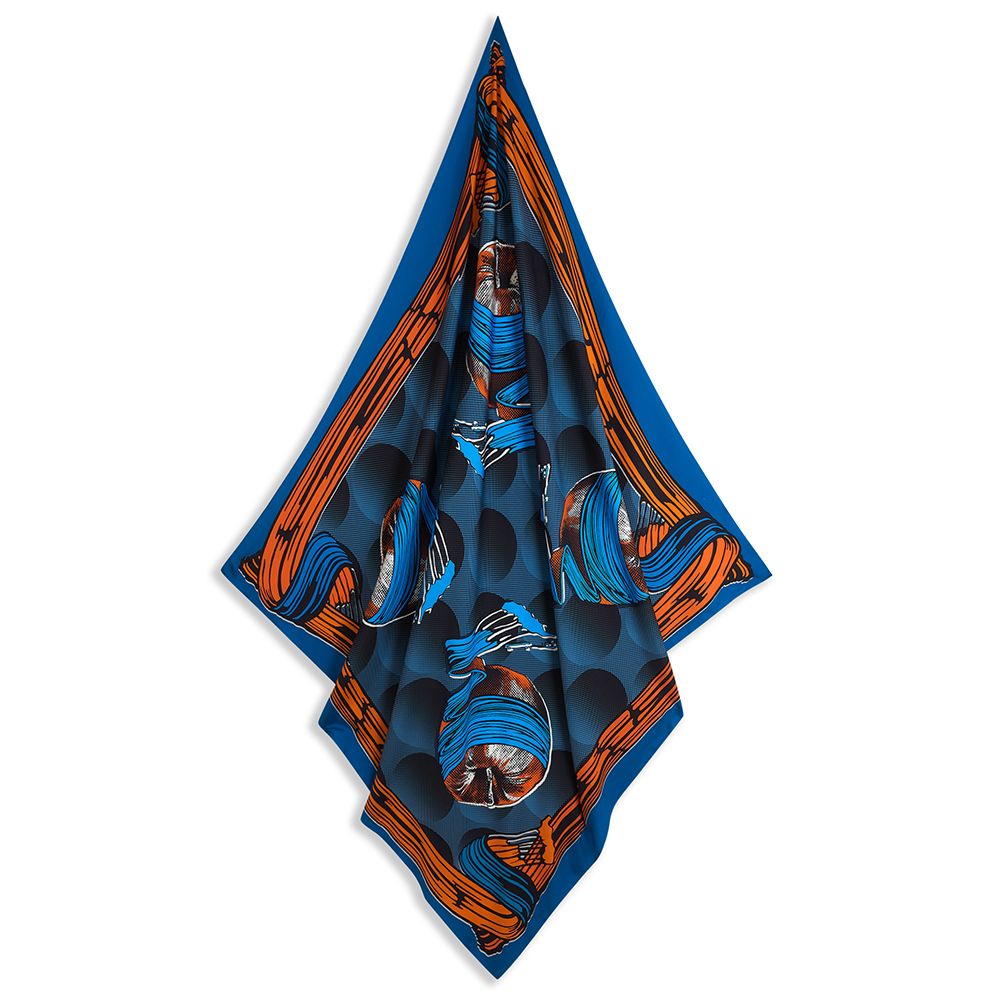We are seeing a big shift towards sustainable supply as knowledge of sustainability spreads throughout the fabric printing industry and the communities it serves.
Digital fabric printing technologies are more environmentally friendly than old conventional alternatives, and they provide a path to a cleaner, more efficient, and profitable production.
From the fibres we choose to spin to the fabric preparation chemicals we use to coat and finish, to the print technology and ink formulas we use to print, the textile industry as a whole is adopting sustainable production practices. Every industry has made and continues to make massive investments. Many of them are now collaborating to develop creative new streamlined processes and technologies.
Digitally printed cotton practically decreases water use and harmful effluent release. Low amounts of liquid pigment dispersions are used, resulting in a good environmental impact. The use of pigments in digital textile printing eliminates the need for water and energy-intensive post-processing. The reason for this is that heat fixation alone achieves colour fastness rather than long steam fixation and washing-off methods. Today, the digital fabric printing industry provides a clean future for the environment. Consumers and buyers have become more aware of their environmental choices and the true impact they have. Digital technologies and their applications will continue to advance to replace unsustainable inefficient manufacturing. Whether it’s electricity, water, textile fibres, inks, or the clothes we wear, hidden waste in production is now being addressed and harnessed with novel re-cycling techniques. This industry continues to develop to satisfy the expectations of environmentally aware customers. We’re also seeing a new supply chain management business emerge, in which huge firms, brands, and independents may buy completed products from sustainable practitioners that provide transparent production. Such businesses provide managed sourcing from their partners. Ensuring verified sustainable manufacturing that meets established production goals for brands and retailers.
Supply chain transparency is required for sustainability. Collaboration is the key to success.
Textile manufacturers in a variety of sectors that used analogue technology formerly spent a lot of resources and produced waste (which is now valued). Prior to digital disruption, the fabric industry consumed a lot of water and used a lot of energy, polluting the environment with dyes and other harmful chemicals needed in the production of textile fabrics, inks, printing, and product finishing. In 2018, digital fabric printing saved more than 40 billion litres of water throughout the world. When compared to standard water use for rotary screen printing, which is in the range of 50-60 litres per metre, this is a cost-effective alternative. When compared to screen printing, digital fabric printing requires a lesser amount of colour, approximately 10% of the volume.CHECK OUT – DIGITAL SUSTAINABLE & ORGANIC FABRIC PRINTING
Digitally printed cotton practically decreases water use and harmful effluent release. Low amounts of liquid pigment dispersions are used, resulting in a good environmental impact. The use of pigments in digital textile printing eliminates the need for water and energy-intensive post-processing. The reason for this is that heat fixation alone achieves colour fastness rather than long steam fixation and washing-off methods. Today, the digital fabric printing industry provides a clean future for the environment. Consumers and buyers have become more aware of their environmental choices and the true impact they have. Digital technologies and their applications will continue to advance to replace unsustainable inefficient manufacturing. Whether it’s electricity, water, textile fibres, inks, or the clothes we wear, hidden waste in production is now being addressed and harnessed with novel re-cycling techniques. This industry continues to develop to satisfy the expectations of environmentally aware customers. We’re also seeing a new supply chain management business emerge, in which huge firms, brands, and independents may buy completed products from sustainable practitioners that provide transparent production. Such businesses provide managed sourcing from their partners. Ensuring verified sustainable manufacturing that meets established production goals for brands and retailers.



